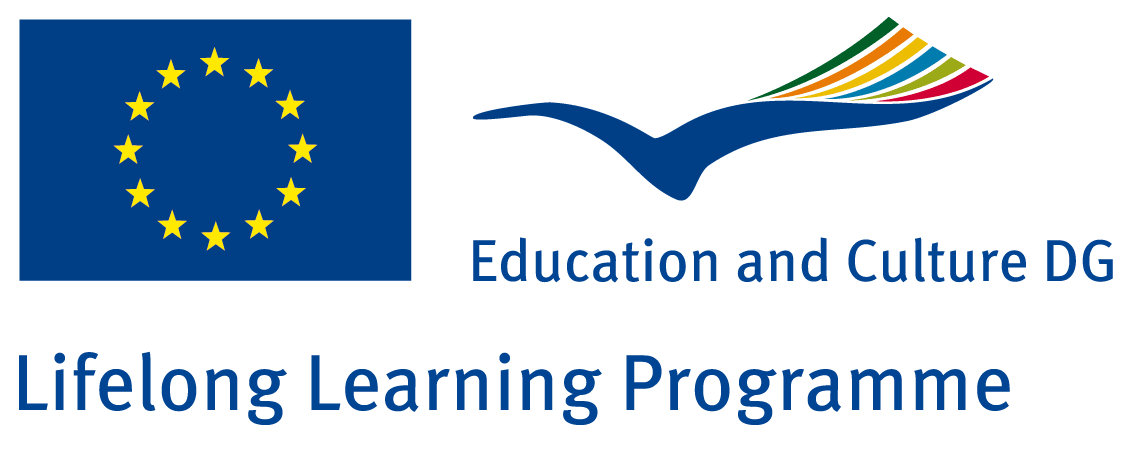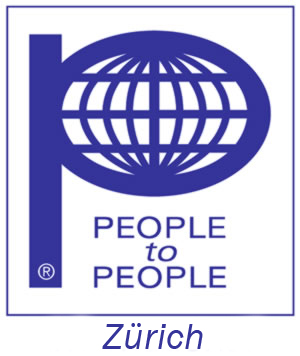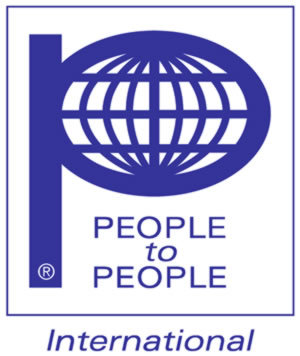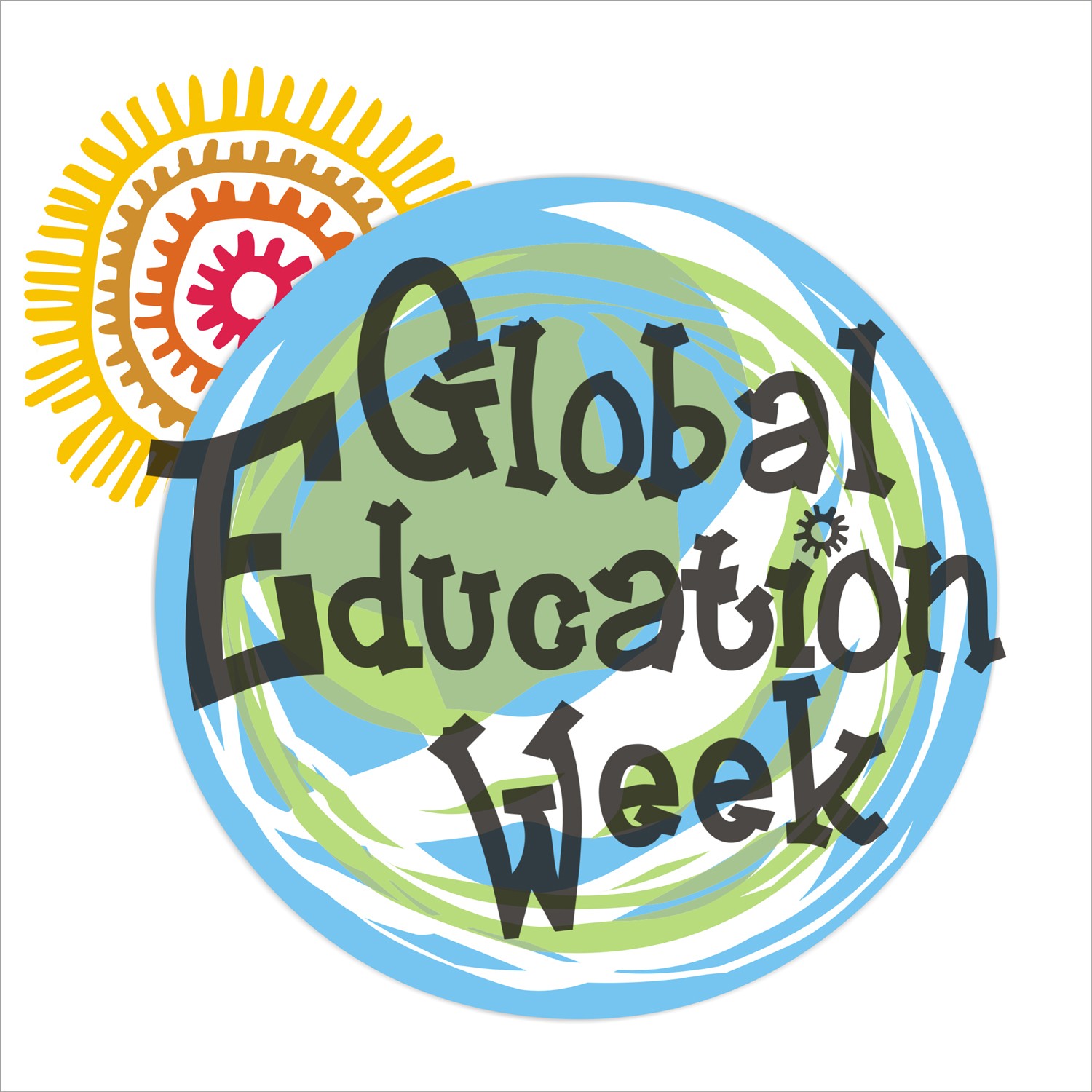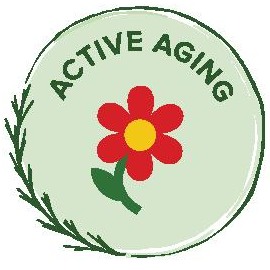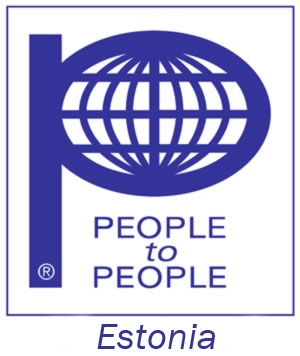Positive emotional life for active aging
"Positive emotional life for active aging" Erasmus+ strategic partnership project aims to improve the competences of educators and other adult education staff, first of all, in the project partners' organisations, and secondly, in other organisations and institutions. The project brings contribution in making well-balanced, healthy and responsible aging process focusing on intercultural and intergenerational cooperation and education.
Partners created materials for positive emotional life and active aging. Project has focus on inclusion of seniors in social life. As final beneficiaries, they were involved in local and dissemination activities and helped in testing project materials. Both target groups - educators and adult learners – were diverse in sense of age, gender, education, social and cultural backgrounds. By this project partners supported inclusion and diversity in education and training.
Many elderly people suffered not only from loneless and social isolation but also stress and depression. The negative physical, psychological, and social effects are evident. Swift resovery and inclusion of seniors in adult education are important now more than even before. "The elderly population has been hit with some of the worst effects of the pandemic, with harsher lockdown measures, and increased risks of mental and physical health problems, and the digital divide has seen that the effects of these measures have not been minimized. There is a definite need for action, both in the short and longterm to minimize the negative effects the digital divide has during this pandemic" (https://www.frontiersin.org/articles/10.3389/fpsyt.2020.577427/full)./
Objectives
Project partners from Lithuanina, Estonia, France, Italy and Spain analysed Erasmus+ Programme Guide and agreed that the general objective of the Programme "to support, through lifelong learning, the educational, professional and personal development of people in education, training" will be the general objective of this project.
The specific objectives are:
* to improve competences of adult educators;
* to create and develop efficient teaching and training materials for educators;
* to exchange of good practices and experiences between project partners' organisations;
* to develop talents and train creative skills of adult learners with focus on seniors;
* to support inclusion of seniors to adult education;
* to improve the availability of high-quality learning opportunities for adults;
* to improve the capacities of organisations active in the fields of adult education and training;
* to contribute to the awareness about the cultural diversity in Europe.
Activities
Project activities were:
• three transnational meetings for project management and exchange of good practices;
• creation of the learning materials for Teaching and training manual and Web-app;
• local meetings and activities for testing project results;
• two international training courses for staff members;
• monitoring and evaluation process;
• dissemination of project information and results;
• multiplier events in all project partners' countries;
• final webinar as virtual component of the project.
Work with on the Teaching and training manual and Web-app and also training courses supported developing of educators' new competences. Now they can teach and train adult learners on local level. Such approach enriched participants of this project and make it attractive for educators, learners and general public.
Partners established efficient collaboration between different educational institutions on local, national, regional, European and international level and increase the quality of education and training. This gives the opportunity to create an interactive network of educators specialized in the project topics and is one of the important results of this project.
__________________________________________________________________
This project has been founded with support from the European Commission by Erasmus+ Programme. This publication reflects the views only of the author and the Commission cannot be held responsible for any use which may be made of the information contained therein.
